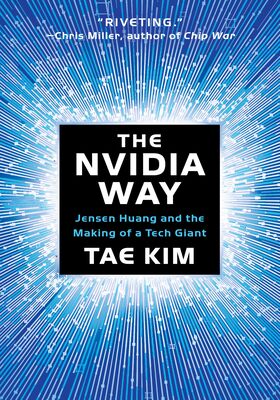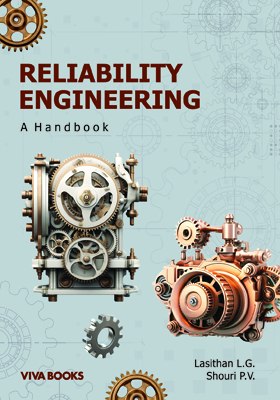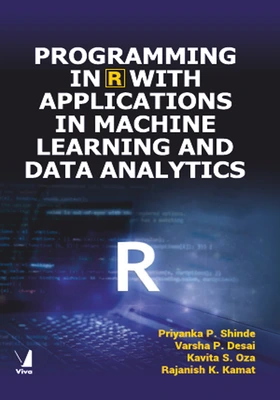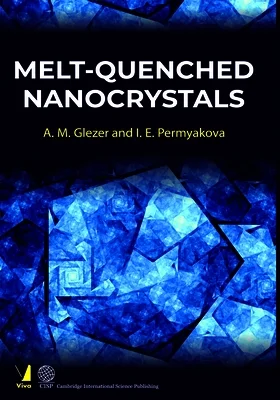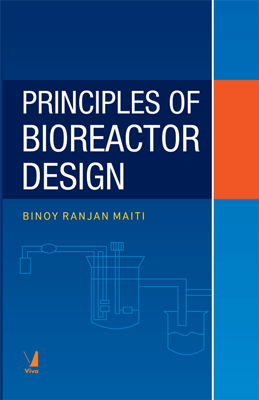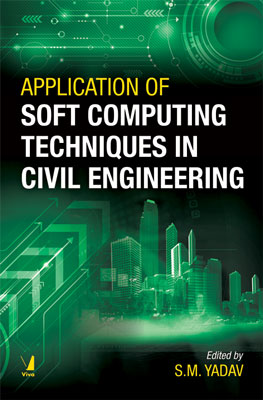The Future of Post-Human Architecture
The Future of Post-Human Architecture
A Preface to a New Theory of Form and Function
₹2,425.50 ₹2,695.00 Save: ₹269.50 (10%)
Go to cartISBN: 9789386105486
Bind: Hardbound
Year: 2017
Pages: 608
Size: 152 x 228 mm
Publisher: Cambridge International Science Publishing
Published in India by: Viva Books
Exclusive Distributors: Viva Books
Sales Territory: India, Nepal, Pakistan, Bangladesh, Sri Lanka
Description:
Is architecture really so simple that, as Ludwig Mies Van Der Rohe made a name of himself by his famous functionalist dictum, “less is more” (WK 2011)
This functionalist dictum can be contrasted with an opposing ideal of architecture like the one proposed by Robert Venturi, in that ?less is a bore.? (WK 2011)
Contrary to these opposing ideals (and other views as will be discussed in the book), architecture (in relation to form and function) is neither possible nor desirable to the extent that the respective ideologues (on different sides) would like us to believe.
Of course, the challenge to these opposing ideas in architecture does not suggest that architecture has little use, or that those fields of study (related to architecture) like urban planning, landscape gardening, industrial design, visual arts, hermeneutics, computation, construction, and so on should be rejected too. Needless to say, neither of these extreme views is reasonable.
Rather, this book provides an alternative (better) way to understand the future of architecture, especially in the dialectic context of form and function - while learning from different approaches in the literature but without favoring any one of them (nor integrating them, since they are not necessarily compatible with each other).
Differently put, this book offers a new theory (that is, the transcendent theory of architecture) to go beyond the existing approaches in a novel way.
If successful, this seminal project is to fundamentally change the way that we think about architecture, from the combined perspectives of the mind, nature, society, and culture, with enormous implications for the human future and what I originally called its “post-human” fate.
In this book:
- Introduction - The Legacy of Architecture
- Form and its Twin Faces
- Function and its Double Sword
- Conclusion - The Future of Architecture Beyond Form and Function
Target Audience:
Students and academicians of Architecture .
Contents:
List of Tables
Foreword
Acknowledgments
List of Abbreviations
Part 1: Introduction
Chapter 1: Introduction: The Legacy of Architecture • Two Opposing Ideals of Architecture • Form and Function in Architecture • Different Sub-Fields of Architecture • The Theoretical Debate • The Transcendent Theory of Architecture • Theory and Meta-Theory • The Logic of Existential Dialectics • Sophisticated Methodological Holism • Chapter Outline • Some Clarifications
Part 2: Form
Chapter 2: Form and its Twin Faces • The Use of Form • Form and the Mind • Form and Nature • Form and Society • Form and Culture • The Misuse of Form
Part 3: Function
Chapter 3: Function and its Double Sword • The Affirmation of Function • Function and the Mind • Function and Nature • Function and Society • Function and Culture • The Negation of Function
Part 4: Conclusion
Chapter 4: Conclusion: The Future of Architecture • Beyond Form and Function • 1st Thesis: The Formalness-Informalness Principle • 2nd Thesis: The Absoluteness-Relativeness Principle • 3rd Thesis: The Partiality-Totality Principle • 4th Thesis: The Predictability-Unpredictability Principle • 5th Thesis: The Explicability-Inexplicability Principle • 6th Thesis: The Fiction-Reality Principle • 7th Thesis: The Finiteness-Transfiniteness Principle • 8th Thesis: The Preciseness-Vagueness Principle • 9th Thesis: The Simpleness-Complicatedness Principle • 10th Thesis: The Openness-Hiddenness Principle • 11th Thesis: The Denseness-Emptiness Principle • 12th Thesis: The Change-Constancy Principle • 13th Thesis: The Order-Chaos Principle • 14th Thesis: The Slowness-Quickness Principle • 15th Thesis: The Expansion-Contraction Principle • 16th Thesis: The Theory-Praxis Principle • 17th Thesis: The Convention-Novelty Principle • 18th Thesis: The Evolution-Transformation Principle • 19th Thesis: The Symmetry-Asymmetry Principle • 20th Thesis: The Softness-Hardness Principle • 21st Thesis: The Seriousness-Playfulness Principle • 22nd Thesis: The Regression-Progression Principle • 23rd Thesis: The Sameness-Difference Principle • 24th Thesis: The Stability-Reaction Principle • 25th Thesis: The Post-Human Transcendence • Towards the Post-Human Transcendence
Bibliography
Index
About the Author:
Dr Peter Baofu is the author of 53 new theories in 44 books to provide a visionary challenge to conventional wisdom in all fields of knowledge ranging from the social sciences through the formal sciences and the natural sciences to the humanities, with the final aim for a unified theory of everything.
He is known for his pioneering works on “multilateral acoustics,” “metamorphic humor,” “heterodox education,” “post-human mind games,” “post-Earth geology,” “substitutive religion,” “post-cosmology,” “contrarian personality,” “post-ethics,” “multifaceted war and peace,” “post-humanity,” “critical-dialectic formal science,” “combinational organization,” “hyper-sexual body,” “law reconstruction,” “comprehensive creative thinking,” “hyper-martial body,” “multilogical learning,” “contingent urban planning,” “post-capitalism,” “selective geometry,” “post-democracy,” “contrastive advantages,” “ambivalent technology,” “authoritarian liberal democracy,” “the post-post-Cold-War era,” “post-civilization,” “transformative aesthetic experience,” “synthetic information architecture,” “contrastive mathematical logic,” “dialectic complexity,” “after-postmodernity,” “sophisticated methodological holism,” “post-human space-time,” “existential dialectics,” “unfolding unconsciousness,” “floating consciousness,” “hyper-spatial consciousness,” and other visions.
Dr Baofu earned an entry to the list of “prominent and emerging writers” in Contemporary Authors (2005) and another honorary entry in The Writers Directory (2007)”and was also interviewed on television and in newspapers about his original ideas. He was a U.S. Fulbright Scholar in the Far East. He had taught as a professor at different universities in Western Europe, the Caucasus, the Middle East, the Balkans, Central Asia, South Asia, and North America. He finished more than 5 academic degrees, including a Ph.D. from the world-renowned M.I.T., and was a summa cum laude graduate.

